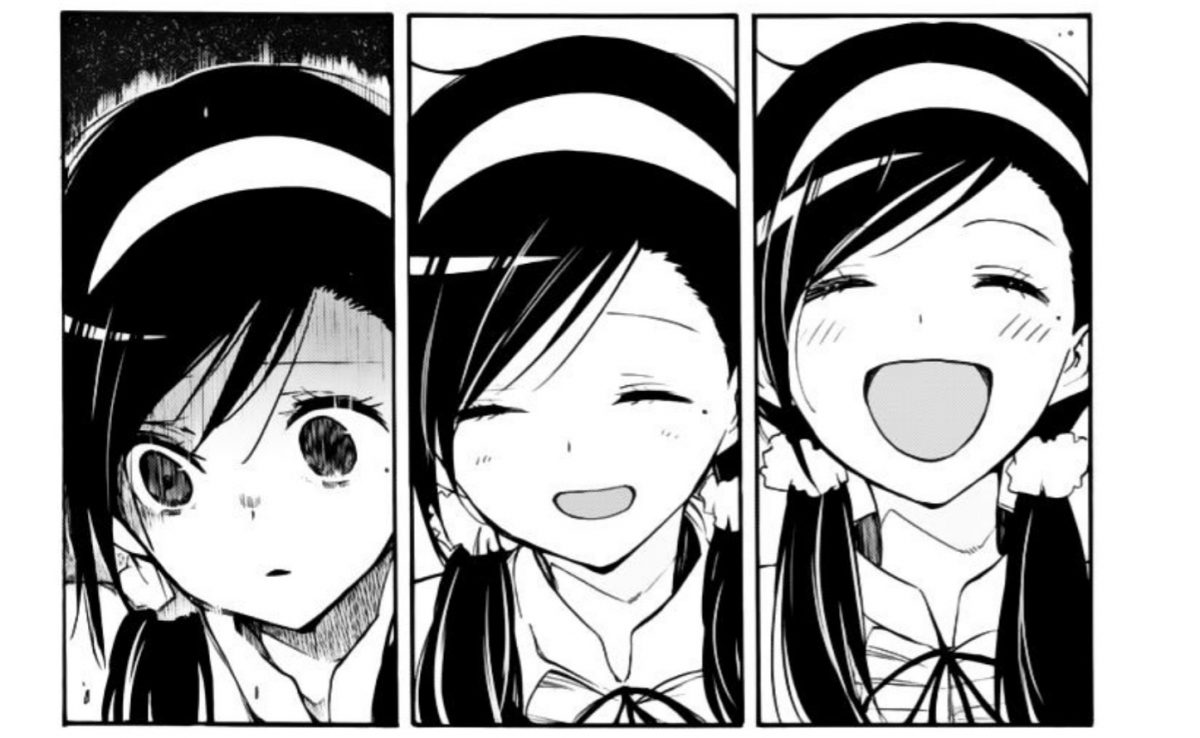One of the biggest problems facing Japanese schools is ijime (EE-gee-may), or bullying, when a group of kids gangs up on weaker kids to torment them. The bullying can be open, like hiding a person’s shoes so he can’t go home or putting a sharp push-pin on his chair for him to sit on, or more subtle and psychological, like group ignoring. Every school in every country probably has some of this going on, but there are special reasons why ijime is so bad in Japan. First of all, students stay in the same classroom all year long — teachers come for one hour to teach, then leave, but the students are always together. Also, the concept of counselors who listen to students’ problems is quite alien here. My own daughter, who stands out because she looks very American, has been the target of more than a few incidents of bullying by bigger kids, so my wife and I are always trying to come up with proactive ways to handle problems. Hurdle, an anime movie that discusses the causes of ijime with kids, is playing in Japan right now, and we took my daughter to see it. Seeing the story of boy from Yokohama who moves to a rural city, only to be picked on by the local kids because he is so different, was a very moving one, and I hope that the film helps bring about changes for the better in schools here.
Gift giving is a highly developed custom in Japan, and there are many subtle rules about how gifts are exchanged. Gifts are given at happy events, such as at the birth of a child, when a new house is built, or when someone gets out of the hospital after an illness. The money that guests take to weddings — $200 per person and up — is also part of this gifts-as-congratulations system. Gifts are sometimes given to those who are helping you in some way, such as from parents to juku (private school) teachers who want extra attention paid to their children, although it’s against the rules for licensed teachers, doctors and politicians to accept such gifts. Whenever you receive a gift from someone, it’s customary to give them o-kaeshi, a return gift that’s worth approximately half the amount of what you received. A major time for gift-giving is in August and December, when people and companies exchange seasonal gifts, everything from soy sauce to canned coffee to frozen lobster. Re-Ment, the amazing company that makes miniature versions of Japanese food, has a new series that captures the spirit of Japanese seasonal gift-giving with miniatures of popular gifts given in Japan, rendered in every detail (right down to the cardboard box). Full sets are in stock now!















